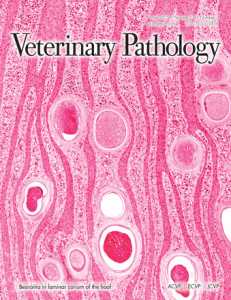 Evidence of poorly treated lab animals has led researchers to retract a 2014 article in Veterinary Pathology that explored the neurological effects of dehydration in squirrel monkeys.
Evidence of poorly treated lab animals has led researchers to retract a 2014 article in Veterinary Pathology that explored the neurological effects of dehydration in squirrel monkeys.
The study was pulled after Frederick Wang, the former director of the New England Primate Research Center, unveiled reports of a dozen squirrel monkeys that were found dehydrated and dead in their cages or euthanized between 1999 and 2011.
Wang told the Boston Globe in April that “human error” and “inadequate animal care” might have compromised the results of the study:
Continue reading Retraction of monkey paper linked to problems at shuttered research institute


 Guangwen Tang, a rice researcher at Tufts University, landed in hot water in 2012 after her team was accused of feeding Chinese children genetically modified
Guangwen Tang, a rice researcher at Tufts University, landed in hot water in 2012 after her team was accused of feeding Chinese children genetically modified 




